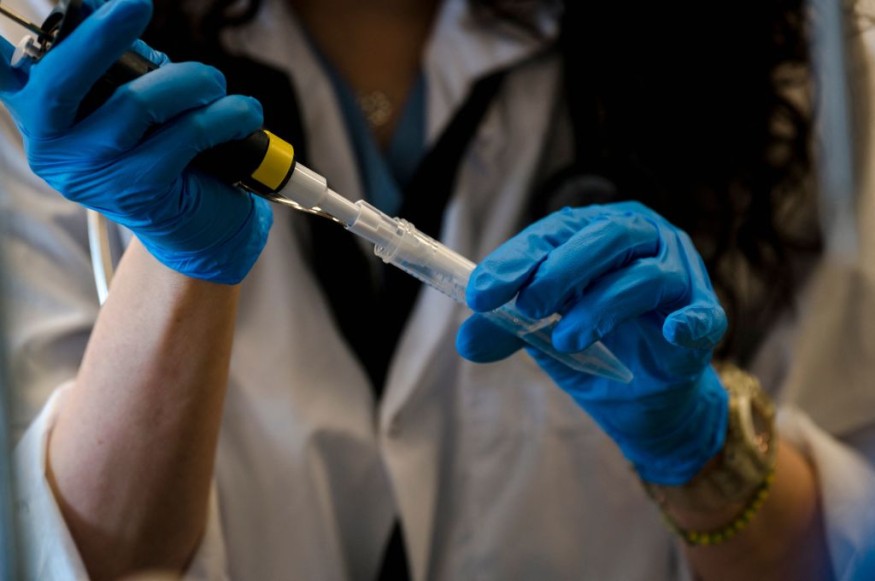Depression and its development has been found to be somehow linked to a notorious bowel disease, which causes inflammation of the digestive tract, according to a new study by researchers from the University of Southern California.
The research focused on examining patients and even their siblings who have the disease, before arriving to the breakthrough discovery.
The study claimed that previous studies have disassociated the link between the gut ailment and the mental health illness.
The bowel disease is reported to be responsible for affecting more than a million Americans.
Combined with depression, the collective medical condition adds to the challenges surrounding the healthcare industry.
Gut-Brain Axis

In the new paper published on the Journal of Gastroenterology and Hepatology on April 17, the US-based researchers concluded approximately 30% of patients with the so-called inflammatory bowel disease (IBD) developed depression.
The results reinforced previously existing claims that there is a relation between the gut and the brain in IBD.
This relation is called the gut-brain axis, which indicates that both regions of the body can affect one another, as shown in previous studies that gut bacteria can affect one's mood and mental health.
To come up with the conclusion, the research team enrolled 422 IBD patients, 537 unaffected siblings, and 2,148 control participants.
The experiment yields there is a bi-directional link between depression and IBD.
The team also used the Taiwanese National Health Insurance Research Database, which consists of relevant medical information from over 20 million people, where 99% are Taiwanese residents.
What is Depression?
The World Health Organization (WHO) defines depression as a common mental disorder that affects approximately 5% of adults worldwide.
Characterized by persistent sadness, depression makes a person lose interest or pleasure from previously rewarding activities or stimuli.
Depression can lead to diminished concentration, sleep disturbance, appetite loss or increase, and tiredness.
The organization can states depression contributed to the burden of disease globally.
In addition, it says that the disorder can either be long-lasting or recurrent, which can prevent the afflicted individual to live a normal life.
While there is no universal cause of depression, the WHO highlights the complex interactions between biological, psychological, and social factors can serve as a trigger depression.
For instance, a traumatic childhood event and other adversities like unemployment and loss can also contribute to the development of depression.
Depression Treatment
According to the Anxiety & Depression Association of America (ADAA), depression can be treated through medication alone and psychotherapy like cognitive-behavioral therapy and interpersonal therapy.
While the notion seems simplistic, these treatments are highly recommended to be conducted by a professional.
The results from these treatments vary but they have shown to yield in significant improvement when it comes to chronic, complex, and severe forms of depression, the association said.
In addition, anti-depressant medications from pharmacological treatment also serve as supplementary efforts to address the disorder.
Based on a 2020 national survey, the National Institute of Mental Health (NIMH) estimated 21 million adults in the United States went through at least one major depressive episode.
At that time, the figure represented 8.4% of the US adult population.
Related Article: Group Bonding can Reduce Depression Risk
© 2025 NatureWorldNews.com All rights reserved. Do not reproduce without permission.





